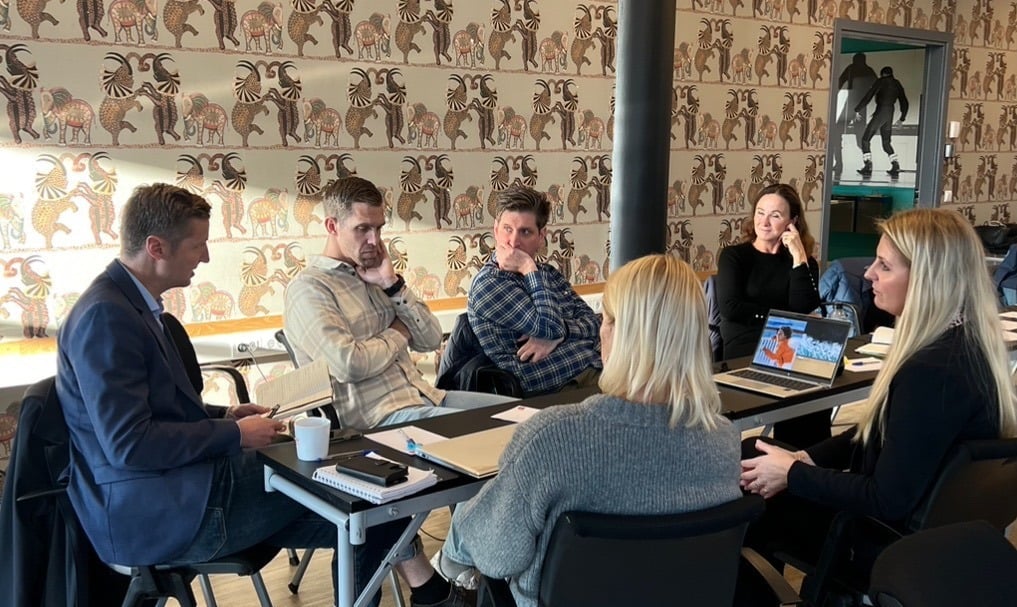Everyone deserves an amazing leader
Invest in your leaders with practical and engaging leadership development, based on proven research. When leaders thrive, the workplace follows.
Our clients




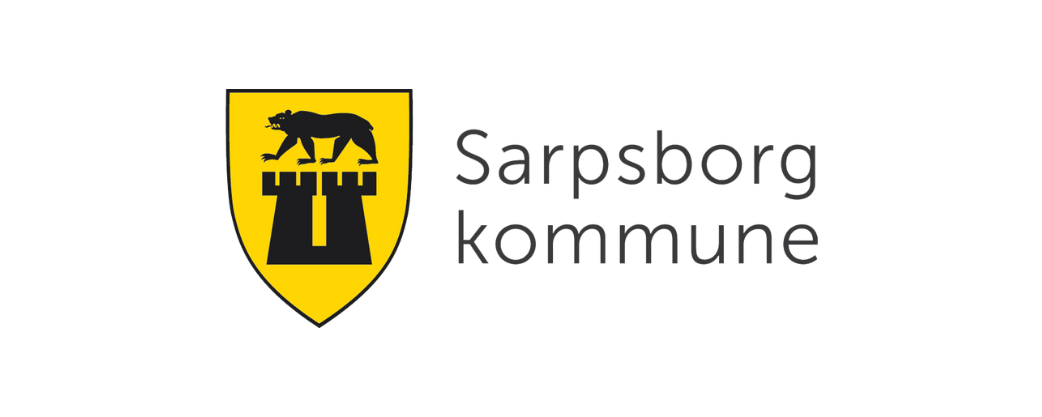

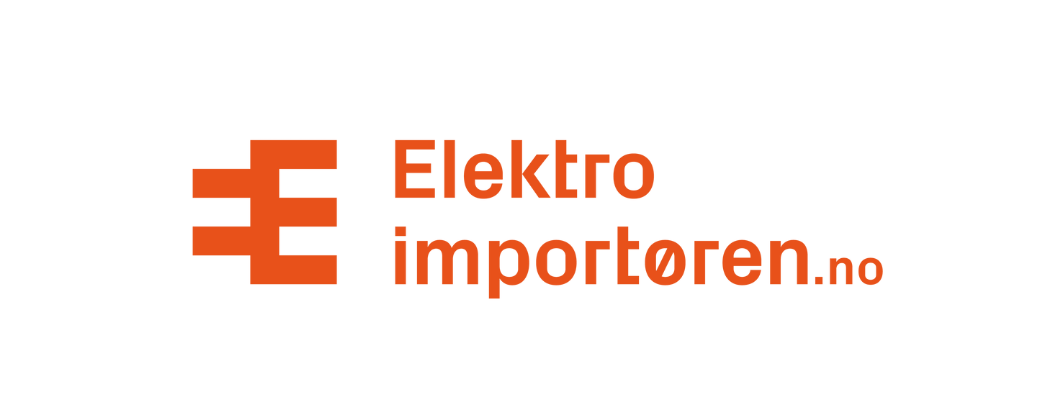
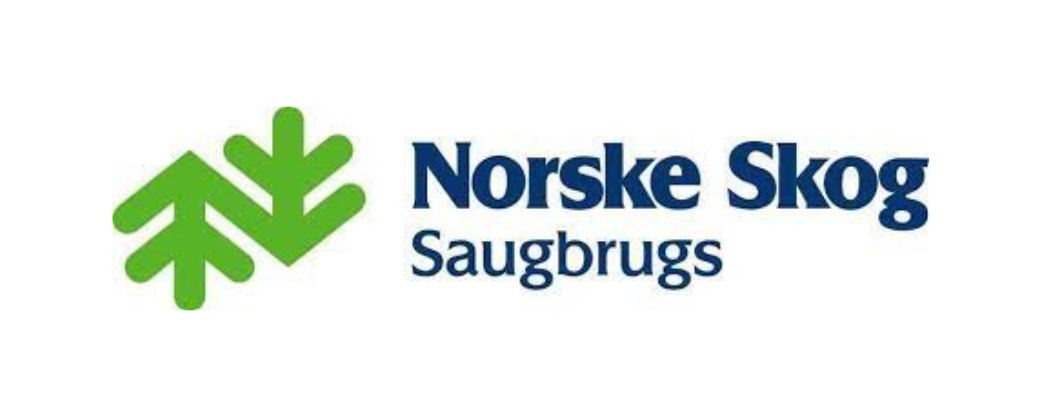
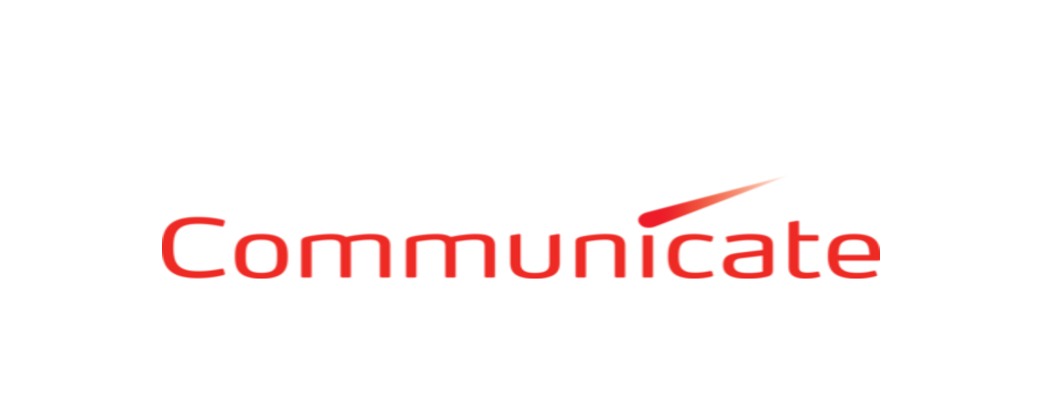

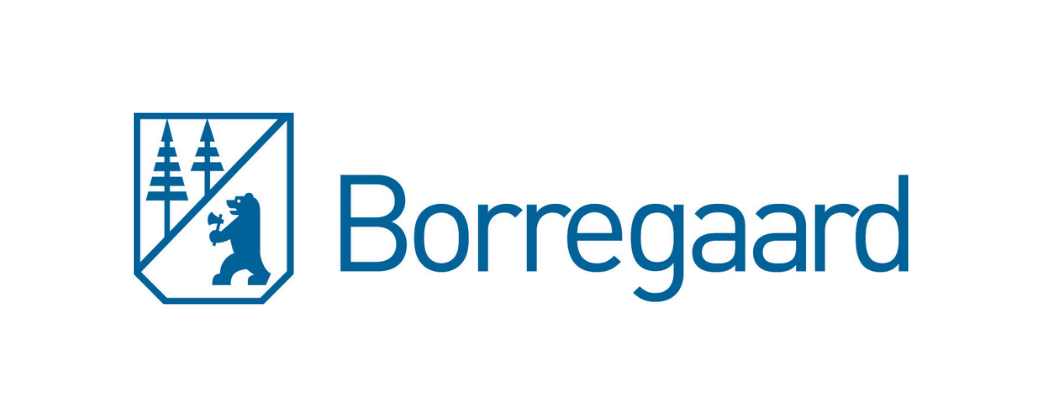


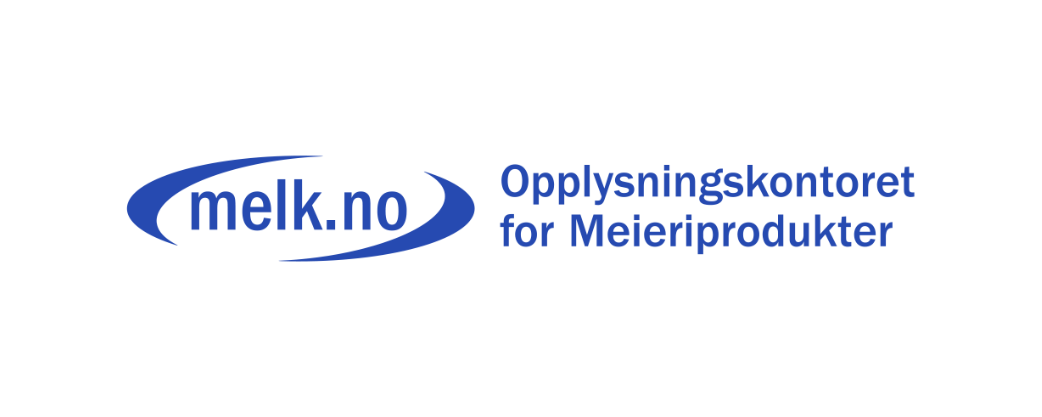



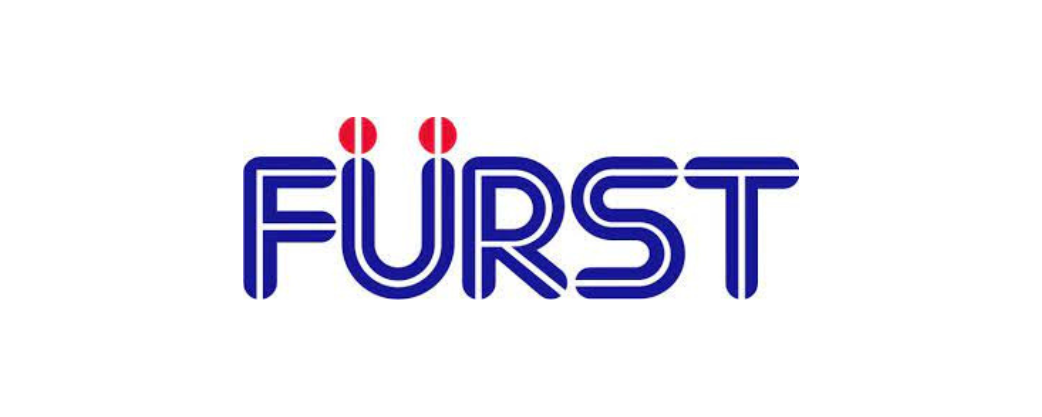
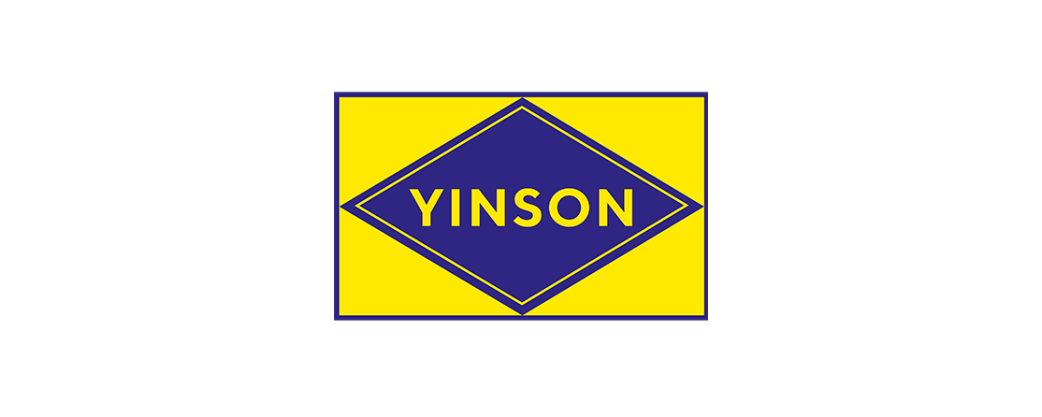




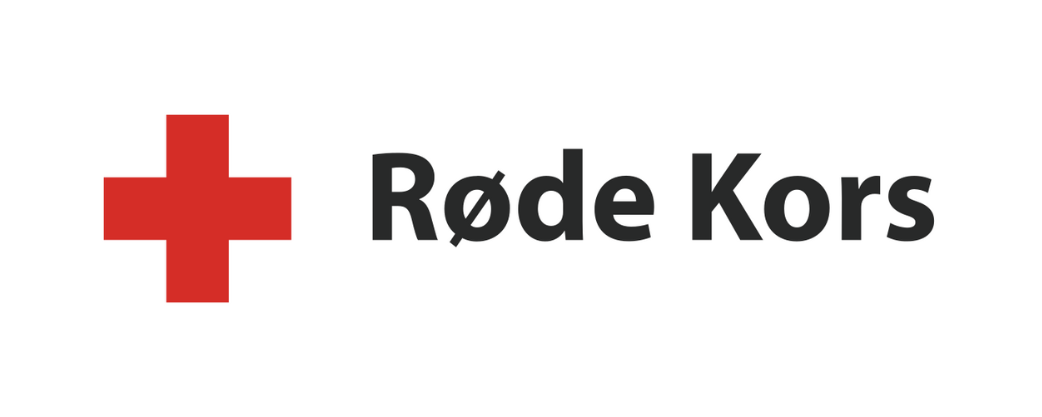


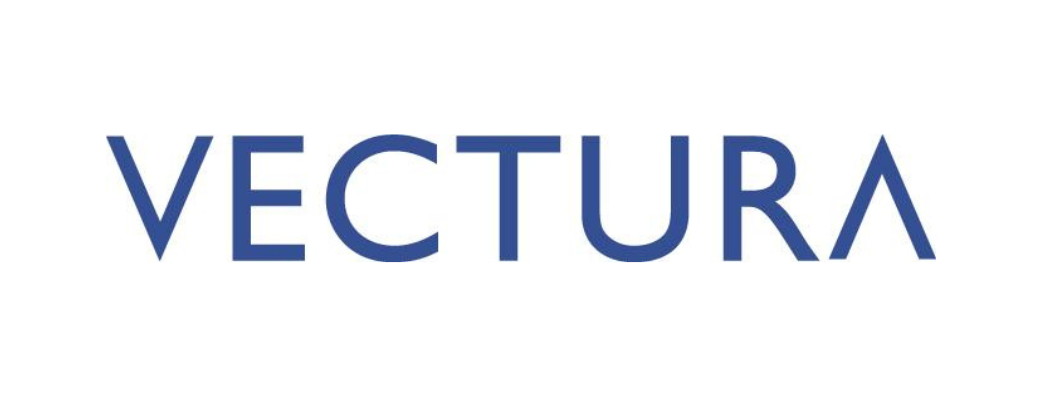


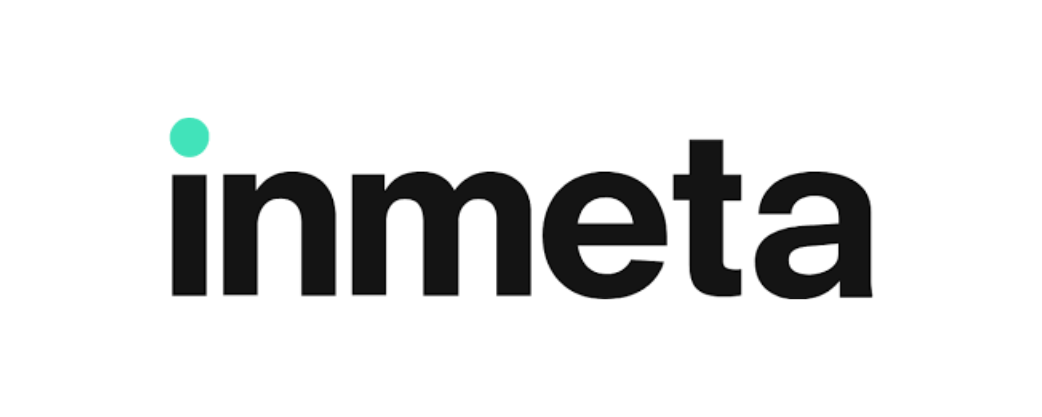



Research-based leadership development for everyone
Great leadership has the same basis, whether you've just been promoted or have the final say in the boardroom. We use findings from international research to help leaders make actual, lasting change.
Choose between our open or tailor-made development programs, or try individual coaching. Together, we create leaders who dare to stand at the very front, in every part of society.

"FRONT Leadership has clearly found a formula that appeals to participants and delivers results over time. The program is grounded in research and theory, but explained in a structured way."
Christopher Klepsland, CEO Afry
Do your leaders relate to these challenges?
Missing motivation
Are employees checking out? Great leadership drives engagement.
Rapid changes
Work is changing at lightning speed. Leaders can provide stability.
Weak communication
Insecure leadership leads to unclear language. Dare to speak up.
Unhealthy environment
Don't let interpersonal conflicts fester. Foster a strong team spirit.
Why choose FRONT Leadership?
All our programs are built around five core principles, based on the research of Lacerenza (et al.), then refined through ten years of hands-on experience.
Goal-based and structured
Addressing your workplace challenges
Every training journey starts with a needs analysis and crystal-clear goals. What are your leaders already great at? Where are the gaps? And where is your organisation headed? Each participant also sets personal goals to drive their own development.
Our programs are rooted in your leaders' actual workplace challenges. With thoughtful structure, steady progression, clear follow-up, and measurable outcomes, we stay focused on what truly matters: How to move your organisation forward.
Book a meeting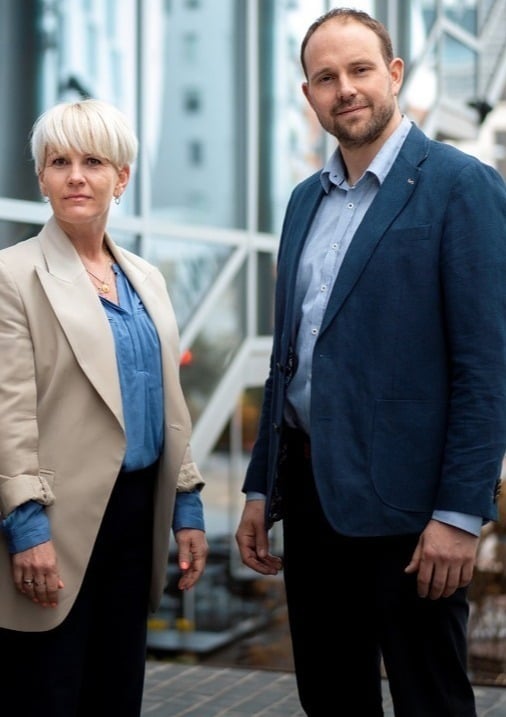
Long-term and varied
Steady change over a period of time
No one ever became a great leader through quick fixes. Leadership development takes time, and that’s what we aim to provide. Our programs run over an extended period, with time for reflection, practice, and real-world application, to ensure the learning sticks.
We use a rich mix of learning methods, both in-person and digital, including coaching, group work, and assignments between sessions. This keeps engagement high and allows us to tailor the experience to each participant’s needs.
Book a meeting
Practical and integrated
Training with a theoretical basis
We believe in research and theory, but research shows practical learning is the way to go. That’s why everything we do is closely tied to the participants’ real-life leadership challenges. They work with actual situations and test new skills in practice, strengthening learning and ensuring real-world relevance.
By continuously moving between new knowledge, instant application, and thoughtful reflection, participants learn to attack problems from every angle, and turn insight into lasting change.
Book a meeting
Dialogue and co-operation
Part of a greater ecosystem
Leadership is inherently social, and leadership development is never a solo journey. That’s why we involve the entire ecosystem surrounding each leader, from their immediate manager to colleagues and team members. This gets everyone on board, and allows for valuable feedback from those who know your leaders well.
We believe in learning through relationships, and that real development is best done with others. The more people participate, the more they all benefit.
Book a meeting
Support and care
Challenge your leaders in a supportive way
Our leadership developers work closely with each participant. They understand their goals and challenges, and provide concrete, personalised support throughout the journey.
Your leaders gain a trusted partner who champions their growth, but isn’t afraid to challenge them when needed. Alongside theoretical insight, they receive practical help to apply what they’ve learned to their actual everyday work.
Book a meeting
Leadership development with concrete results
An investment in leadership development is an investment in your organisation. Great leadership means more engaged co-workers, who go on to create growth and a healthier bottom line.
Who are we?
FRONT Leadership consists of experienced leadership developers with a wide variety of backgrounds, and a rock solid machinery of people working behind the scenes – all with a truly contagious enthusiasm.

Gunn Brigitte Danielsen
Leadership Developer & Academic Lead

Rikke Huke Digranes
Customer Success Coordinator

Stian Jensvoll
Partner / Leadership developer

Robert Marsalis
Leadership developer

Sandra Blichner
Marketing Manager

Fredrik Lillegraven
Sales Manager

Stine Melfald
CPO / Leadership Developer
.jpg)
Johanne Tollånes-Berthinussen
Customer Success Coordinator

Malene Småbrekke
Account Manager

Øyvind Tjernæs
Leadership Developer

Kjersti Andresen
Leadership Developer

Camilla Caspersen
Leadership Developer

Mats Kristensen
CEO / Leadership developer

Hildegunn Danielsen
CHRO / Leadership Developer

Kaia Hansæl
Customer Success Coordinator

Marthe Pedersen
Account Manager

Kristina Vognild
Customer Success Coordinator

Geir Landsgård
Sales partner and business developer

Olav Haraldseid
Leadership Developer

Linda Wegdell
Leadership Developer

Jette Lund-Egmose
Leadership Developer

Carola Lindholm-Gerlin
Leadership Developer
What do previous clients say?
We believe in the value of feedback. What could be more natural than to share some of our own?


The talents' awareness around communication has increased, and they report a clearer understanding of what the leadership role entails — along with greater understanding of areas for improvement. We’re also seeing a ripple effect across the organisation, with valuable contributions to development at the next level up.
Yvonne Cyren
Senior HR Partner, Amedia


It's fun to see a marked improvement towards the goals we've set ourselves. We’re noticing a shift in expectations around the leadership role. In the past, the gold standard was the operational leader with technical expertise. The leadership development programme has given us a deeper understanding of what it takes to be a leader at Volue going forward.
Anniken Fischer
Head of Learning and Culture, Volue

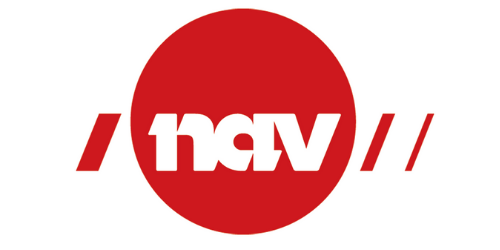
FRONT Leadership’s facilitators play a key role in creating and maintaining not just engagement, but genuine interest among us participants. Their leadership training offers valuable insight into the role of a leader, combining professional input with practical training and continuous learning.
Therese Møller Martinsen
Methodology Advisor, NAV


Thank you so much, Gunn Brigitte, for everything you’ve taught me, and for pushing me when I needed it. I’ve been quite an unpolished leader. But after a year with you, so much has changed, and I’ve actually been nominated for Leader of the Year at our company. That would never have happened without you.
Kurt Furnes
Director of Commercial Properties in Bergen, EiendomsMegler 1
Our clients

































Elevate your leaders
Do you believe in amazing leadership? Book a meeting with us, and we'll work together to build a tailored programme for your challenges.
